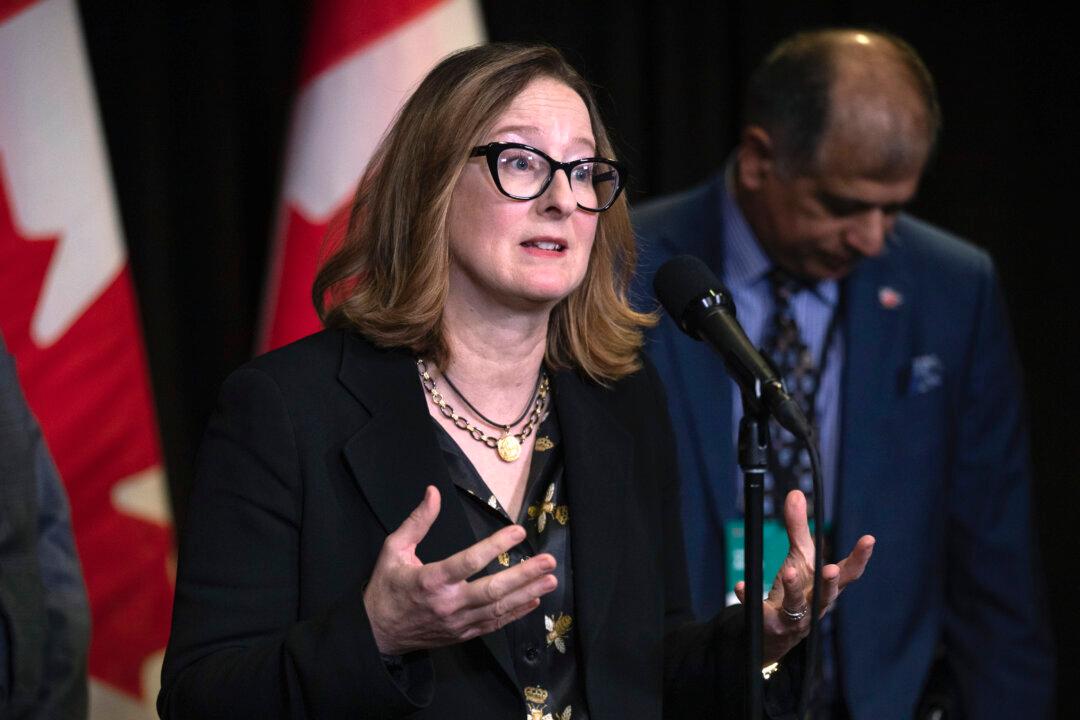Unemployment rates will rise significantly in the case of an economic slowdown in Canada this year, say economists advising the Liberal cabinet this week, who also say the likelihood of such a slowdown in 2023 is high.
“We can expect the economy to slow significantly. We can expect that the unemployment rate will rise both here in Canada and in other jurisdictions like the U.S., Europe, the U.K.,” said Carolyn Wilkins, a senior researcher at the Griswold Center for Economic Policy Studies at Princeton University, while speaking to reporters in Hamilton, Ont., on Jan. 24.





